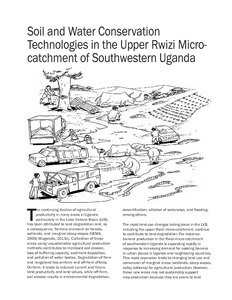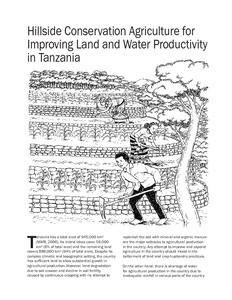Location
The International Water Management Institute (IWMI) is a non-profit, scientific research organization focusing on the sustainable use of water and land resources in developing countries. It is headquartered in Colombo, Sri Lanka, with regional offices across Asia and Africa. IWMI works in partnership with governments, civil society and the private sector to develop scalable agricultural water management solutions that have a real impact on poverty reduction, food security and ecosystem health. IWMI is a member of CGIAR, a global research partnership for a food-secure future.
IWMI’s Mission is to provide evidence-based solutions to sustainably manage water and land resources for food security, people’s livelihoods and the environment.
IWMI’s Vision, as reflected in the Strategy 2014-2018, is ‘a water-secure world’. IWMI targets water and land management challenges faced by poor communities in the developing countries, and through this contributes towards the achievement of the United Nations Millennium Development Goals (MDGs) of reducing poverty and hunger, and maintaining a sustainable environment. These are also the goals of CGIAR.
IWMI works through collaborative research with many partners in the North and South, and targets policymakers, development agencies, individual farmers and private sector organizations.
Resources
Displaying 146 - 150 of 959Earth observation technologies for flood-risk mapping and forecast rating curve for flood recession agriculture in Nigeria. Training manual prepared for Capacity building workshop on Earth Observation Technologies for Flood-risk mapping and Forecast ra...
Demonstrating complexity with a roleplaying simulation: investing in water in the Indrawati Subbasin, Nepal
Rural people in Nepal and other developing nations are part of complex, social-ecological systems. Efforts to provide assistance to these people must integrate knowledge from a variety of perspectives. This report documents the use of a role-playing game, supported by an agent-based model, to demonstrate the interaction between migration, social capital and the effectiveness of water storage. The importance of these interactions was highlighted by fieldwork conducted at several sites in the Koshi River Basin.
Controlling floods and droughts through underground storage: from concept to pilot implementation in the Ganges River Basin
The concept of ‘Underground Taming of Floods for Irrigation’ (UTFI) is introduced as an approach for co-managing floods and droughts at the river basin scale. UTFI involves strategic recharge of aquifers upstream during periods of high flow, thereby preventing local and downstream flooding, and simultaneously providing additional groundwater for irrigation during the dry season for livelihood improvement. Three key stages in moving UTFI from the concept stage to mainstream implementation are discussed.







